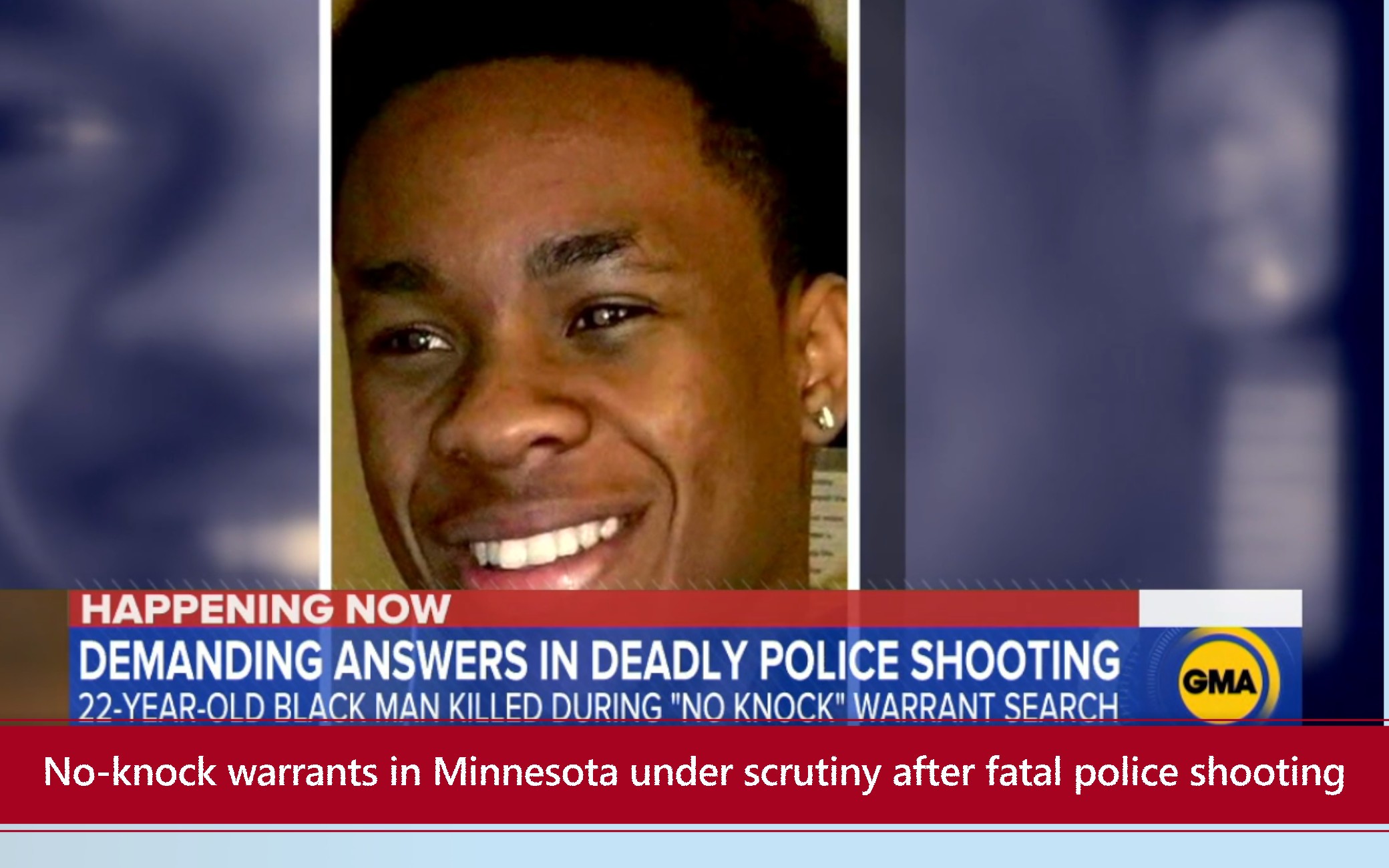
The parents of Amir Locke, a 22-year-old Black man fatally shot by police in a Minneapolis apartment during a no-knock warrant execution, said Friday that he had obtained a gun legally after a conversation with the family, CNN reported.
“He made sure that he did his research, everything was going to be legal,” his mother Karen Wells told CNN’s Don Lemon, adding that he learned how to use it and obtained a permit.
“Because they’ve been watching all their lives about what has been unfolding throughout this nation, on our Black males,” she said.
The parents said the conversations with Amir and his older brother were often about how to interact with police so he can “live to see another day.”
No-knock warrants in Minnesota under scrutiny after fatal police shooting
A Minneapolis city council committee held a hearing on no-knock warrants Monday afternoon following the death of Amir Locke, who was fatally shot in an apartment by Minneapolis police officers on Wednesday during the execution of a no-knock warrant.
Law enforcement and criminal justice experts as well as activists and attorneys for the Locke family offered research and perspective on the impact and harm of no-knock warrants to the city council as talks of legislation continue.
A no-knock warrant allows the police to enter someone’s home without knocking, sometimes without announcing their presence, attorney and criminal justice professor Rachel Moran said at the hearing.
If authorized by a judge, officers are also allowed to enter at a time period that’s not within the 7 a.m. to 8 p.m. window to which normal search warrants are typically limited.
Moran cited a New York Times investigation that found at least 81 civilians and 13 law enforcement officers have died in no-knock and quick-knock raids between 2010 and 2016 in the U.S. — and many more have been seriously injured.
“They’re dangerous for residents and for the police,” Moran said.


